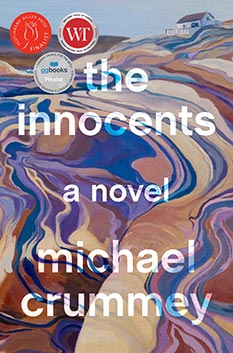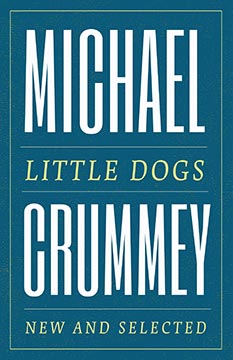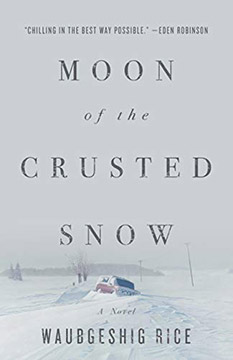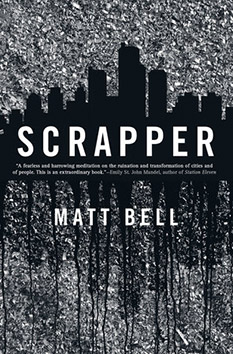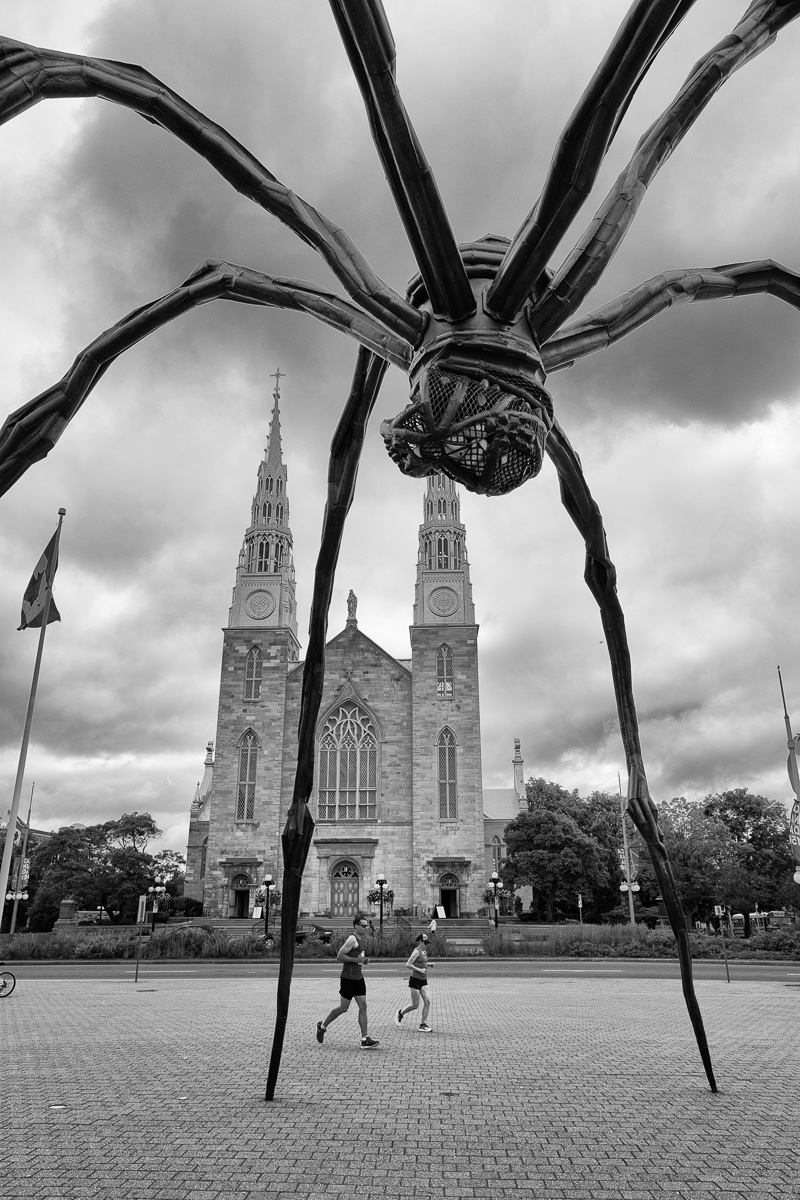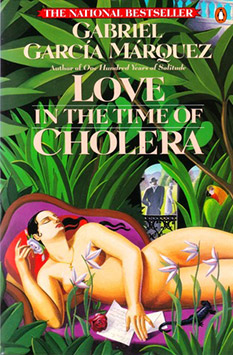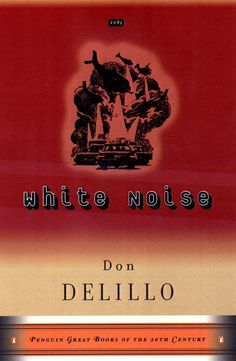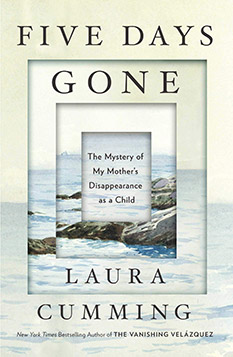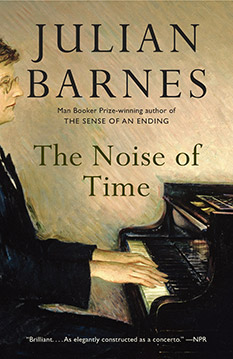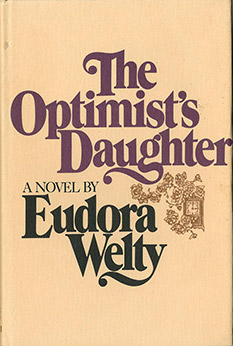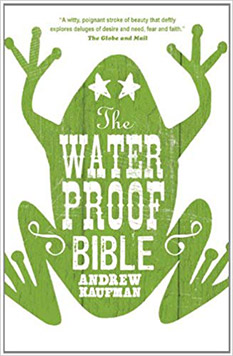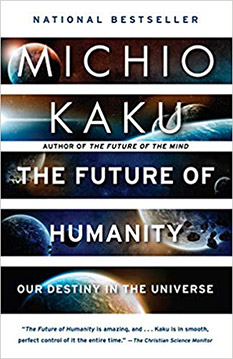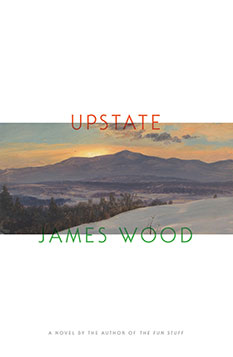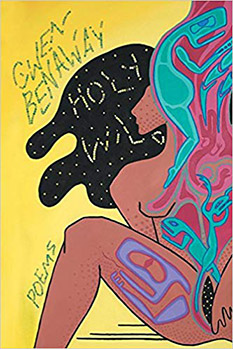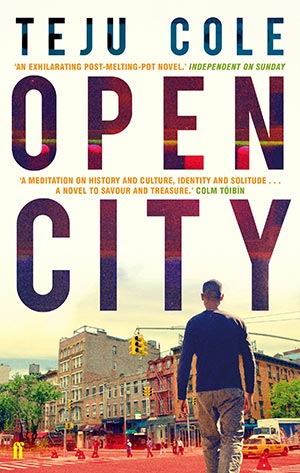Through The Innocents, Michael Crummey creates a microcosm in which the triangle of isolation, innocence and ignorance can be spun out as an allegory which speaks to us precisely in the here and now. He wrote it before Covid-19 so he could not have anticipated its salience to our current situation.
Tag: Review
Little Dogs, by Michael Crummey
In these times (not of Covid-19 but of a rising secularism), poetry is the last toehold of spiritual writing. Not that there’s anything explicitly spiritual in Crummey’s writing. But it’s spiritual insofar as it concerns dreams, memory, fathers, the dead, and frail loves.
Moon of the Crusted Snow, by Waubgeshig Rice
Moon of the Crusted Snow, by Waubgeshig Rice (ECW press) came to my attention with the life-imitates-art story on the CBC of a Quebec couple who drove to Whitehorse then flew from there to Old Crow, the Yukon’s northernmost community.
Scrapper, by Matt Bell
This time, what renders the novel dystopian is that it “imagines” America—or at least the heart of Detroit—as a post-industrial wasteland. I put the word “imagines” in quotation marks because, at this point in time, Matt Bell could write reportage instead of fiction and end up with the same book.
The War of the Worlds – Alien Invasion in the Age of Covid-19
Although The War of the Worlds, by H. G. Wells, concerns an alien invasion by Martians, it is nevertheless relevant in the context of a pandemic. Microscopic pathogens figure in the plot.
Love in the Time of Covid-19
In the human imagination, a disease is never just a disease, a plague is never just a plague. Humans cannot help but ascribe meanings that lie far beyond the medical descriptions of these events.
White Noise, by Don DeLillo
When power seeks to exploit disaster, we look to the arts for our prophetic voices, those who will ground authority by exposing folly and drawing us back to the centre. In White Noise, DeLillo does this through satire.
Five Days Gone, by Laura Cumming
Five Days Gone: The Mystery of My Mother’s Disappearance as a Child, by Laura Cumming When Elizabeth Cumming was 60 years old, she discovered that, as a young child, she had been kidnapped. In 1929, when she was only three years old, someone had lured her from the beach at Chapel St. Leonards, the Lincolnshire…
The Noise of Time, by Julian Barnes
In this fictional account of a historical figure, Julian Barnes imagines how Shostakovich survived in Stalinist Russia. Barnes makes much of irony as a survival strategy, an ontological stance, a means of shielding one’s self from the solar glare of true belief.
Blindness in Eudora Welty’s The Optimist’s Daughter
I am determined to read all the novels and short stories of Eudora Welty, starting with The Optimist’s Daughter, for the simple reason that she is that rare bird: a novelist who is also a photographer.
The Waterproof Bible, by Andrew Kaufman
I bought a copy of The Waterproof Bible this summer in a Haliburton book store called Master’s Book Store. Naive person that I am, it never crossed my mind that the Master refers to Jesus and the book store is a Christian book store.
The Future of Humanity, by Michio Kaku
In tone and general outlook, Kaku’s book reminds me of I. M. Levitt’s 1956 book, A Space Traveller’s Guide To Mars. Although published more than 60 years apart, the books share a sentiment of optimism, an absolute faith in technology’s capacity to overcome all obstacles, and a penchant for the speculative.
Upstate, by James Wood
Upstate concerns an aging property developer from Northumberland and his relationship with his two adult daughters.
Holy Wild, by Gwen Benaway
Even a cursory reading of Holy Wild assaults our senses with a relentless documentation of the many ways a trans woman is despised for who she is. Cries of pain at the violence visited upon her. Lamentations at the betrayals. But also hope. Hope for a new life through a new body and through new relationships that promise understanding.
Open City by Teju Cole
Ostensibly, Open City is the narrative of Julius, a young doctor completing his psychiatric residency at a Manhattan hospital. He is of mixed race which gives him the advantage of a certain flexibility (he straddles cultures) while simultaneously giving him the burden of a certain aloofness (he belongs to nowhere and to no one).
